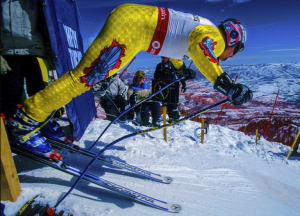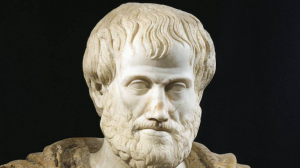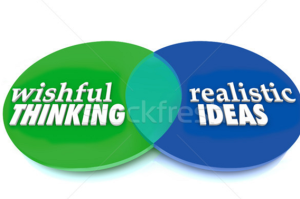
Time present and time past
Are both perhaps present in time future,
And time future contained in time past.
– TS Eliot, Burnt Norton
Time is a continuous, objectively measurable forward movement. We measure it with the rotation of the earth, the orbit of the earth about the sun, and the tilt of her axis relative to that sun as we make our way about it, seen through the changing seasons.
While the mechanics of time in a basic way are well understood, our experience of time and our relationship to time is complex, and can hold the key to our experience of life itself.
Phil Zimbardo, Professor Emeritus of Stanford and author of “The Time Cure,” (famous also for the Stanford Prison Experiment, a classic study in our susceptibility to the abuse of power), describes 6 different time orientations:
- Past-positive – you’re happy about the past events of your life, focusing on the positive
- Past-negative – you regret, dwell on and exaggerate the painful events of your past
- Present hedonism – you enjoy and seek pleasure in the present
- Present fatalism – you’re passive about the present, feeling that events are not in your control
- Goal-oriented future – make plans and seek to actively accomplish things to better your life
- Transcendental future – you seek to be good in this life seeking to be rewarded after death
Our happiness is dependent to a large degree on our relationship to these 6 different time orientations.



 What we want, and what we end up liking when we get it are two different things. They each involve different parts of our brain, and different states of mind.
What we want, and what we end up liking when we get it are two different things. They each involve different parts of our brain, and different states of mind.


 Getting overwhelmed or misled by our emotions can be a source of significant trouble. Emotions are not simple, but sometimes there are simple actions we can take to manage complex things. Today let’s look at a simple way to avoid getting overwhelmed by your emotions.
Getting overwhelmed or misled by our emotions can be a source of significant trouble. Emotions are not simple, but sometimes there are simple actions we can take to manage complex things. Today let’s look at a simple way to avoid getting overwhelmed by your emotions. We each have, in effect, two selves: an experiencing self and a remembering self. Understanding the difference can help us make the most of our best times, and minimize the memory of our unpleasant ones.
We each have, in effect, two selves: an experiencing self and a remembering self. Understanding the difference can help us make the most of our best times, and minimize the memory of our unpleasant ones. After my workout, I stopped at the cliffs above Capitola, overlooking the Monterey Bay. It had just rained lightly, so the air was crystal clear, and the brownish gold of the kelp beds at low tide made a vivid contrast with the blue gray ocean. The little bit of sun that peeked through the clouds lit a meandering path across the water and through the center of the wharf.
After my workout, I stopped at the cliffs above Capitola, overlooking the Monterey Bay. It had just rained lightly, so the air was crystal clear, and the brownish gold of the kelp beds at low tide made a vivid contrast with the blue gray ocean. The little bit of sun that peeked through the clouds lit a meandering path across the water and through the center of the wharf.
Recent Comments